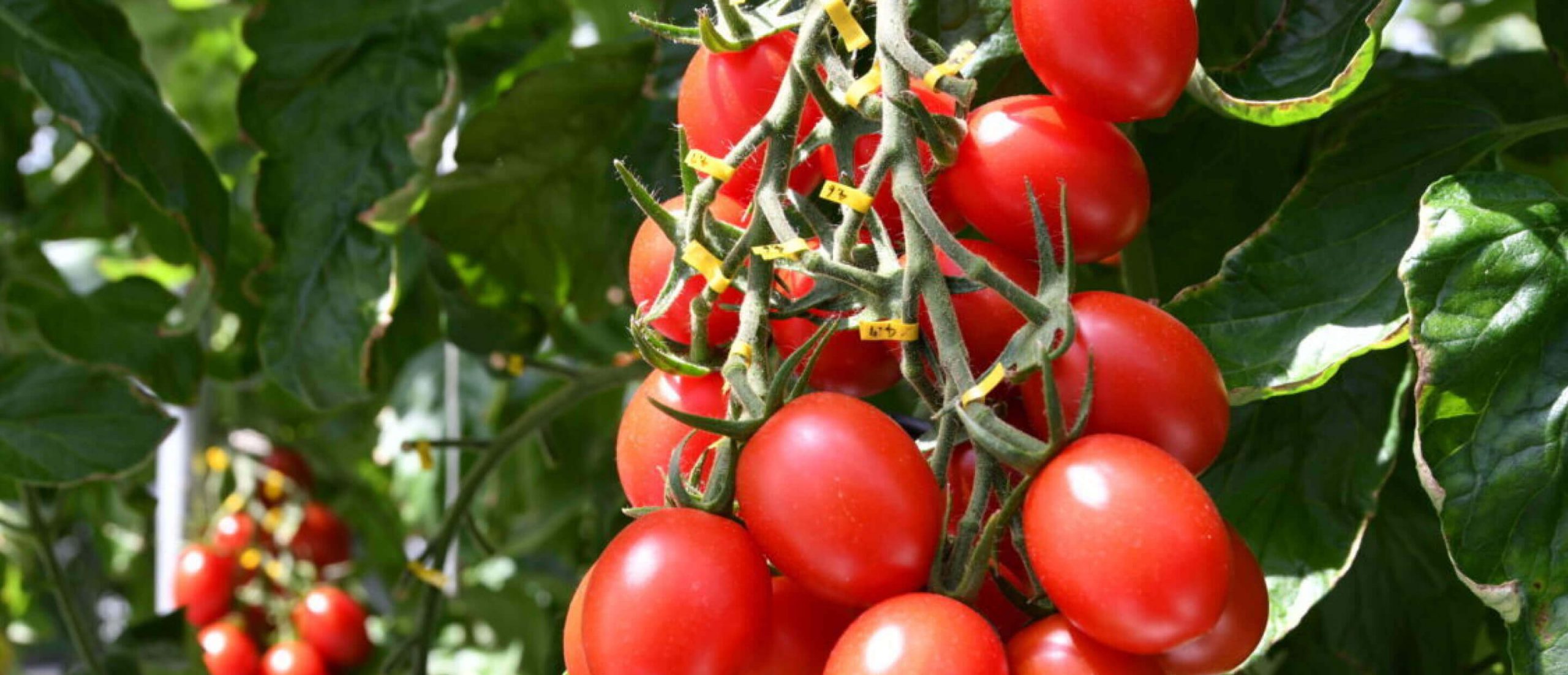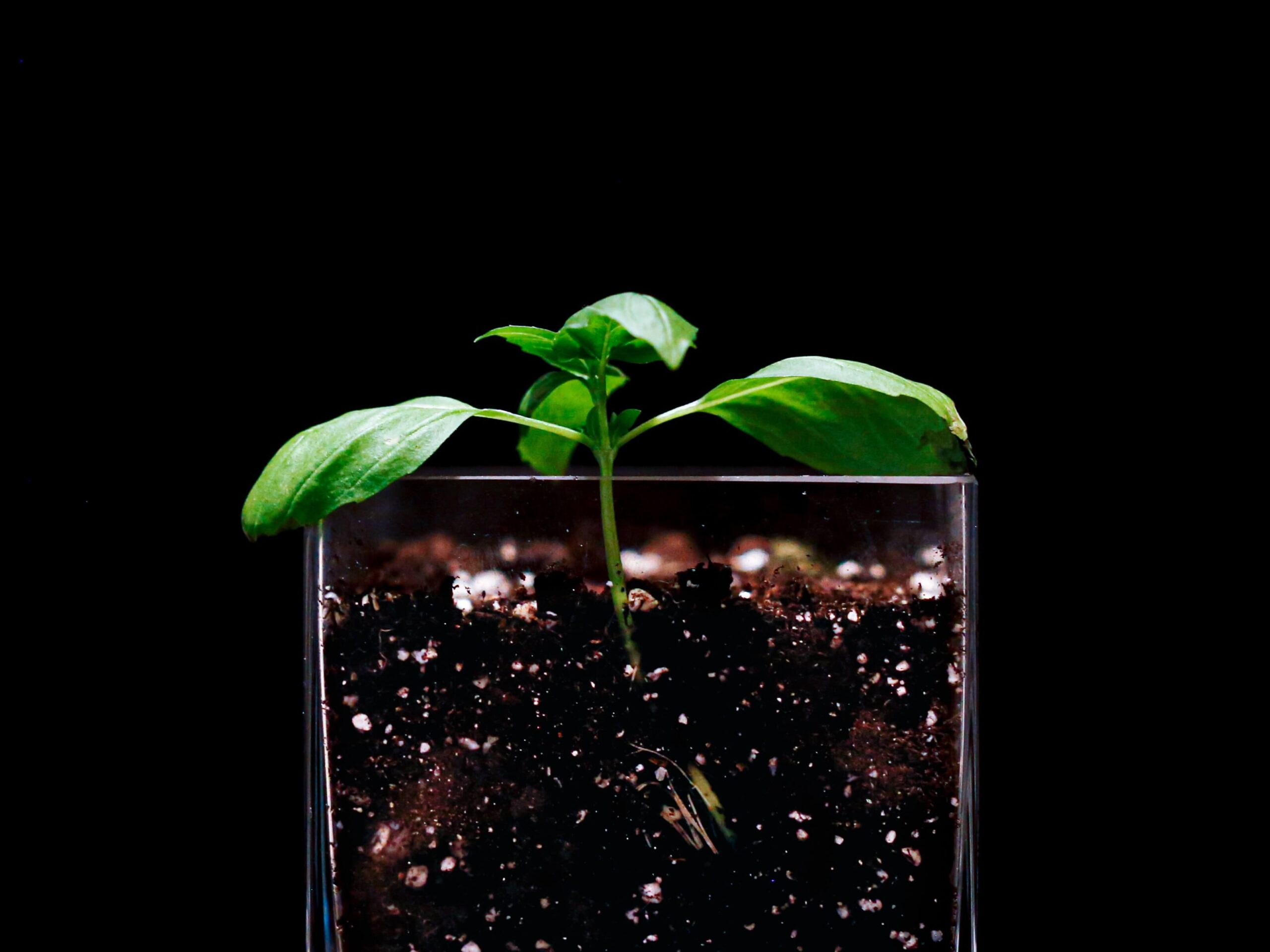
Jonathan Schmidt argues that future food security is as much about wasting less as growing more.
We are facing what Cornell Economist Chris Barrett has described as a ‘food polycrisis’. Over the past decade, reliable global patterns of year-on-year improvements in hunger have first stalled, and are now in reverse. To solve this ‘polycrisis’ we must of course grow more food – but first we need to plug the holes in the bucket and keep more of what we grow within the human-value chain.
Presently, a third of post-harvest food is wasted. This equates to a staggering $1.2 trillion of losses every year, and the problem is growing. In Africa and India, food losses are now more than 40% and much of this waste ends up in landfill. In the past, if you wanted 100 tons of rice, you might grow 125 tons knowing that a large amount would be wasted. This was in effect just a tax that the market was willing to pay because there was a healthy global food chain. But now the combination of population growth, limits to new available arable land, COVID-19, supply chain disruption (caused primarily by the war in Ukraine), and most particularly climate shifts, have stressed food systems so that this enormous waste is no longer viable.
So, our philosophy is that the foremost step to take in responding to this challenge is to recover the waste in the supply chain – this is the foundation piece. Generating proteins in a test tube has not yet been taken up by consumers despite the investment put into these new foods. And eliminating waste can be profitable with little or no expenditure by client economies if the financing can be securitized. There are new and affordable technology and infrastructure approaches policymakers can look to, including a combination of post-harvest hygiene systems (such as eBeam cold pasteurisation), and hermetic storage and tracing systems.
Offered as “agriculture infrastructure as a service”, cash-strapped economies do not have to absorb large capex cost, but get the benefit of at-scale systems that can change the trajectory of food security for the entire population. And by eliminating this waste, the cost efficiency in a variety of inputs and innovations, including better seeds, cleaner fertilizers, more energy efficient irrigation platforms and other inputs, all offer enhanced ROI as more harvested food fulfills its value by reaching the consumer.
In 2025, we look to break ground on our first food security operations in Africa (domestically consumed rice and exported cocoa – coffee is in the works). In parallel to this, we are working with African governments, inspection and standards companies, and major global food importers to establish new standards and certification regimes that assure importing countries are receiving more hygienic food that has a longer natural shelf life.
Jonathan Schmidt is Co-Founder and Chief Executive Officer of Adtingo AgriTech, which partners with governments, financial institutions and food companies to deliver agri-food solutions. Previously, Schmidt served as a Legislative Assistant for the U.S. Congress. From 2005 to 2008 he worked for the World Economic Forum, leading the agenda for their annual meeting in Davos and their Regional Strategies.




